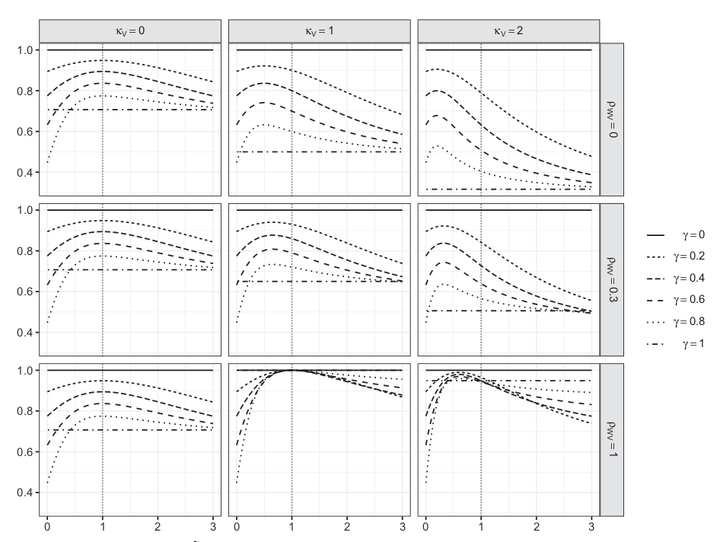
Abstract
When a regression analysis is performed on a variable that exhibits some form of spatial dependence, Gauss–Markov assumptions about the exogeneity of regressors and independence amongst error terms may be violated. If this is the case and no information is available about the location of units, point estimators and standard error estimators are typically heavily biased. The paper proposes an empirical solution that helps to mitigate spatial dependence in regression residuals when no information is available about unit positions. It illustrates the method, discusses some practical issues, provides some evidence through Monte Carlo simulations and includes an analysis of actual data from the real estate market.
Type
Publication
Spatial Economic Analysis, 1–23